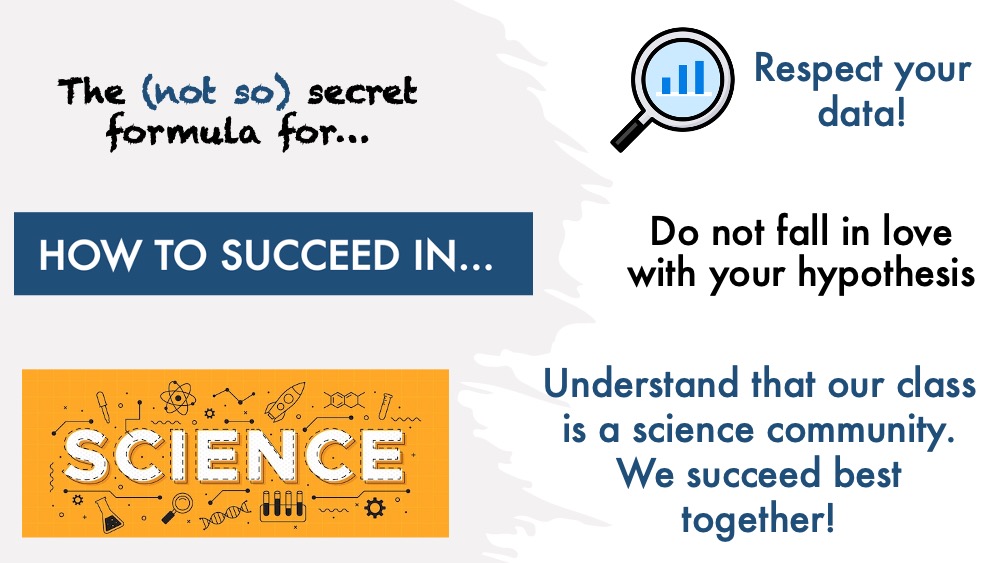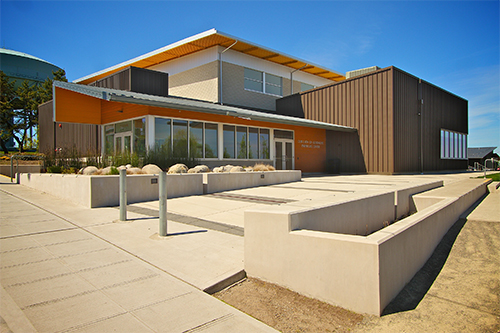The science curriculum at OLG is provided by FOSS, a full option science system that is research-based and aligned with the middle school Next Generation Science Standards. The curriculum is organized in a rotating schedule so that each year students complete new course content and at the end of three years they have completed all science units and are prepared for their high school science courses. Additional materials are sometimes added to the curriculum to strengthen laboratory skills.
The 2023-2024 Science Curriculum will be posted HERE. As a reference, you may review this past 2022-2023 school year’s curriculum.
School Year Curriculum Units:
The Nature of Science
(Design and Variables)
The Human Body
Chemical Interactions
Earth History
Class Differentiation:
Although grades 6th through 8th use the same curriculum and cover the same content, instruction and assessment is provided at different levels for each grade:
- Grade 6th: Students are expected to state, outline, interpret, apply, and summarize content.
- Grade 7th: Students must do all of the above, but also discuss, interpret, and explain content.
- Grade 8th: Students should do all of the above plus describe, evaluate, and analyze content. Grade 8th honors’ students use advanced math to evaluate and analyze experiments. More information about these different levels will be discussed in class.
The Basics:
-
Science Notebook: Students will receive a presentation with instructions on how they should keep their science notebook. There will be unscheduled checks throughout the year where students will need to turn in their notebook for a grade.
-
Homework: Homework assignments are usually a continuation of in-class activities. It is important that students complete homework on time in order to ensure they do not fall behind in the next day’s class.
-
Quizzes and Tests: Students will be given several days of advance notice before a graded quiz and at least one week before a test. Students will have a Q&A the day before the test.
-
Labs and Lab Reports: A lab safety tutorial and quiz will be given before students can operate laboratory equipment. Any student acting in an unsafe manner during a lab will be removed immediately. Because labs are so important to science, it is mandatory that students make up any missed labs. This will most often need to be made up during the student’s recess period. On some occasions a student may be able to make up a lab after school.
-
Projects: Students will be given projects periodically throughout the year that focus on applying scientific skills and concepts in creative ways. Please note that assignments turned in after the due date will incur in late penalties of 5%-per-day deduction.
-
Absences: Excessive absences should be avoided. In the event of an absence, the student is required to make up missed notes, classwork, and homework assignments. Any student that is absent should first check with a classmate to find out what was missed. Assignments will not be available to complete early in cases of planned absences (i.e. family trip).
Need Extra Help? If any student feels they need extra help, has any questions, or needs to stay after school to make up work from an absence, they are encouraged to see me and set up a time.
Required Materials & Supplies:
(All students are expected to have these materials with them in class, daily)
- Ruler in metric system (centimeters)
- Composition notebook (college-ruled) for experiments → Stays at school!
- Binder notebook or composition notebook (college-ruled) for class notes
- Calculator
- Black ink pens and pencils
- Glue stick and scissors
- Highlighters and colored pencils for scientific drawings only
Grading
Students will receive a grade based on the following categories:
- Lab and Lab Reports 30%
- Homework 15%
- Science Notebook 15%
- Quizzes and Tests 20%
- Projects 20%

